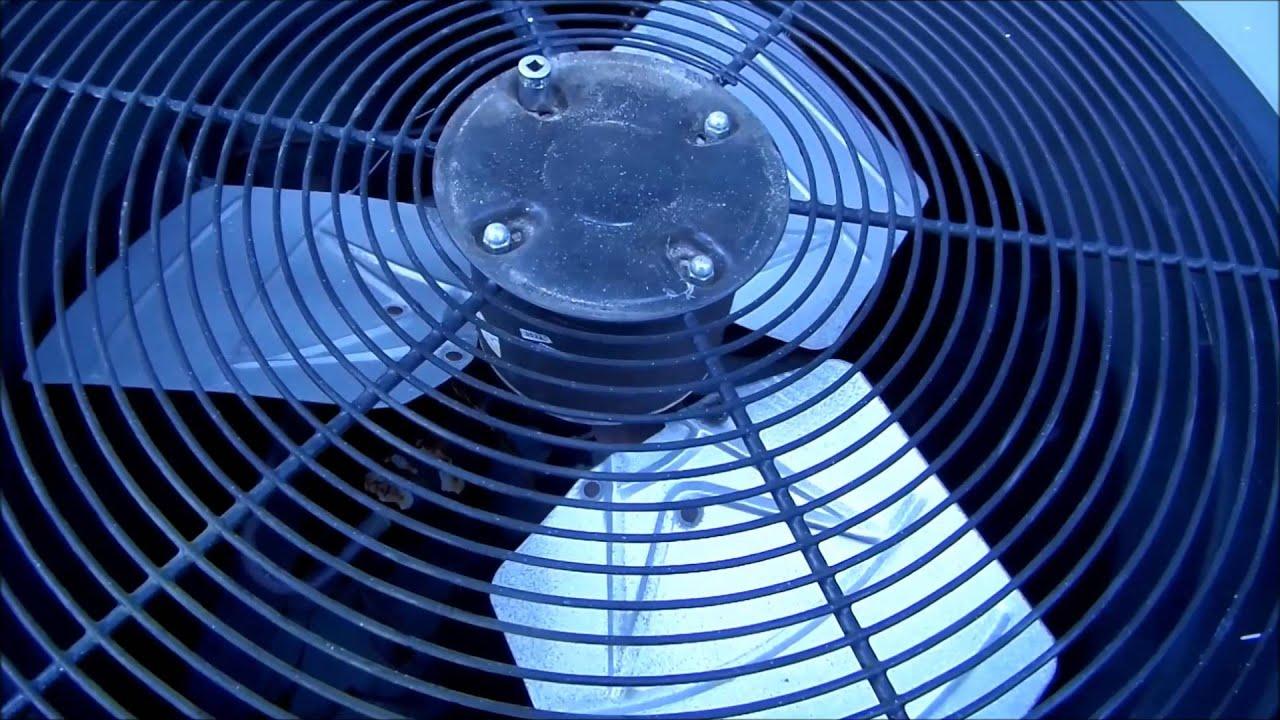Mastering Comfort: The Ultimate Guide to Heating and Air Conditioning
Mastering Comfort: The Ultimate Guide to Heating and Air Conditioning
Blog Article

When it comes to creating a comfortable living environment, few things are as essential as effective heating and air conditioning. These systems not only regulate the temperature of our homes but also play a crucial role in maintaining indoor air quality, which directly impacts our health and well-being. As we navigate the changing seasons, ensuring that our homes remain cozy in the winter and refreshingly cool during the summer becomes a priority for many.
In this ultimate guide to heating and air conditioning, we will explore the various types of systems available, their benefits, and tips for selecting the right one for your space. Whether you're a homeowner looking to upgrade your current system or a first-time buyer seeking guidance on the latest technology, understanding the fundamentals of heating and air conditioning will empower you to make informed decisions that enhance your comfort all year round.
Understanding HVAC Systems
Heating, ventilation, and air conditioning, commonly referred to as HVAC, play a crucial role in maintaining indoor comfort. An HVAC system is designed to regulate the temperature and air quality within a building, ensuring a pleasant environment throughout the year. The system typically comprises several components, including a heating unit, an air conditioning unit, and a network of ducts that distribute conditioned air to various rooms.
The heating aspect of HVAC can be achieved through different methods, including furnaces, heat pumps, and boilers. Furnaces generate heat by burning fuel, while heat pumps transfer heat from one place to another, providing both heating and cooling functions. Boilers, on the other hand, use hot water or steam to heat spaces. Each system has its own benefits, making it essential to choose the right one based on the specific needs of your home or commercial space.
ApexHeatAndAC Residential Cooling Solutions
Air conditioning systems also come in various forms, such as central air systems, ductless mini-splits, and window units. Central air systems are ideal for larger spaces and work by circulating cool air through ductwork. Ductless mini-split systems provide flexibility and efficiency for targeted cooling without the need for extensive ductwork. Window units are a cost-effective option for single rooms. Understanding the fundamentals of these systems can help you make informed decisions about heating and air conditioning solutions for your space.
Energy Efficiency Tips
To improve the energy efficiency of your heating and air conditioning systems, regular maintenance is key. Schedule annual inspections for your HVAC units to ensure they are running at optimal levels. This includes changing or cleaning filters frequently, checking for leaks in ductwork, and ensuring that thermostats are calibrated correctly. A well-maintained system performs better and uses less energy, ultimately reducing your utility bills.
Another effective strategy is to invest in a programmable thermostat. These devices allow you to set specific temperatures for different times of the day, so your home only uses energy when needed. For example, you can program the thermostat to lower the temperature during the night or when you are away at work, saving energy without sacrificing comfort. Additionally, consider using zoning systems to heat or cool specific areas of your home, which can further enhance efficiency.
Lastly, improving your home's insulation can significantly impact the effectiveness of your heating and air conditioning systems. Insulating walls, attics, and basements helps prevent heat loss during winter and keeps cool air inside during summer, reducing the workload on your HVAC units. Sealing gaps and cracks around windows and doors also contributes to better insulation. Together, these measures promote a more energy-efficient home while maintaining a comfortable environment year-round.
Maintenance and Troubleshooting
Regular maintenance of heating and air conditioning systems is crucial for their efficiency and longevity. It is recommended to have your HVAC system serviced at least once a year. During these service visits, a professional can clean the units, check refrigerant levels, and inspect motors and electrical connections. Additionally, changing or cleaning air filters every few months will help maintain good air quality and prevent strain on the system.
Troubleshooting common issues can save you time and money. If your heating or air conditioning is not working effectively, check the thermostat settings to ensure they are correct. Additionally, inspect the unit for any visible obstructions, like debris around the outdoor condenser or air vents. If the system is running but not heating or cooling properly, it may be a sign of low refrigerant or a malfunctioning component that will require professional assistance.
Understanding the signs of potential problems can help prevent costly repairs. Unusual noises, an increase in energy bills, or inconsistent temperature are all red flags that your heating and air conditioning system may need attention. By being proactive about maintenance and promptly addressing any issues, you can ensure your home remains comfortable year-round.
Report this page